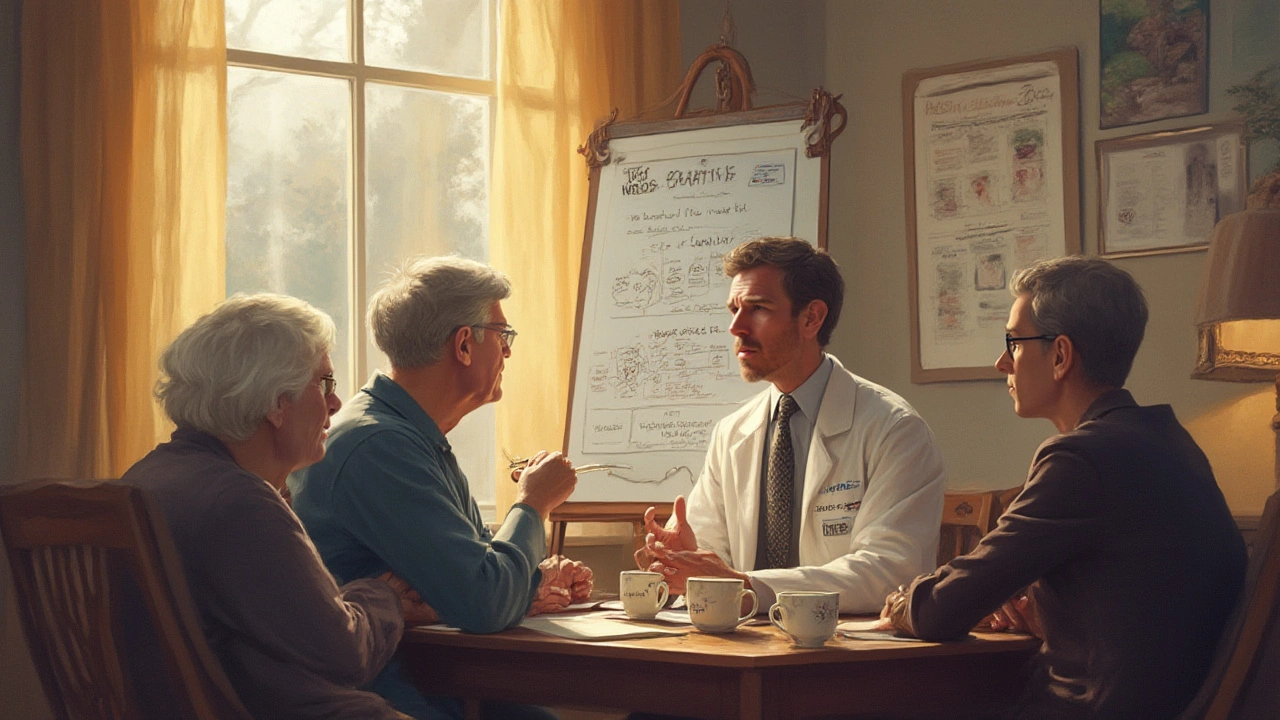Sleep Alternatives: Simple Options for Better Rest
If you’re tired of popping pills to catch some Z’s, you’re not alone. Many people search for ways to sleep soundly without relying on prescription drugs. The good news is that a handful of easy changes can make a big difference in how quickly you fall asleep and how deep your night’s rest feels.
Why Look for Sleep Alternatives?
Prescription sleep aids can leave you groggy, dependent, or cause unwanted side effects. Over‑the‑counter options often contain hidden stimulants that worsen insomnia. By choosing natural alternatives, you avoid tolerance buildup and keep your brain’s chemistry balanced.
Besides safety, non‑drug methods are usually cheaper and fit better into a daily routine. They also give you control: you decide what works for you instead of relying on a one‑size‑fits‑all pill.
Top Safe Sleep Alternatives You Can Try
1. Consistent bedtime ritual – Going to bed at the same time each night trains your body’s internal clock. Pair it with calming actions like reading a paperback, gentle stretching, or listening to soft music.
2. Light management – Dim lights an hour before sleep and turn off screens. Blue‑light filters on phones help, but the simplest fix is putting devices away altogether.
3. Temperature control – A cool bedroom (around 65°F or 18°C) signals your body that it’s time to wind down. Use a fan or open a window if you tend to get hot at night.
4. Herbal teas and supplements – Chamomile, valerian root, and passionflower tea are popular for their soothing effects. If you prefer capsules, try magnesium or melatonin in low doses; they’re generally safe when used short‑term.
5. Light exercise earlier in the day – A brisk walk, yoga, or a quick bike ride raises endorphins and reduces stress. Avoid vigorous workouts within two hours of bedtime, as that can keep you wired.
6. Mindful breathing or meditation – Simple techniques like 4‑7‑8 breathing (inhale 4 seconds, hold 7, exhale 8) calm the nervous system quickly. Even five minutes of guided meditation before sleep can lower heart rate and quiet racing thoughts.
7. Limit caffeine and alcohol – Both interfere with sleep cycles. Try to stop coffee after noon and keep alcoholic drinks to a minimum; they may make you drowsy at first but disrupt REM sleep later.
Start with one or two of these ideas, track how you feel, then add more if needed. Consistency beats intensity – a small habit done every night works better than an elaborate routine you can’t keep up with.
If natural methods still don’t give you the rest you need, consider talking to a pharmacist or doctor about short‑term options. The goal is always to find a solution that leaves you refreshed, not dependent.
Bottom line: improving sleep doesn’t have to involve pills. By tweaking your environment, habits, and simple supplements, you can enjoy deeper, more restorative nights while staying in control of your health.
Trazodone and Sleep Quality in Parkinson’s: Neurologist Insights & Real Solutions
Neurologist commentary on trazodone dosing, REM sleep behavior disorder, and practical alternatives for better sleep in Parkinson’s patients—straight talk, real experience, and useful tips.
read more